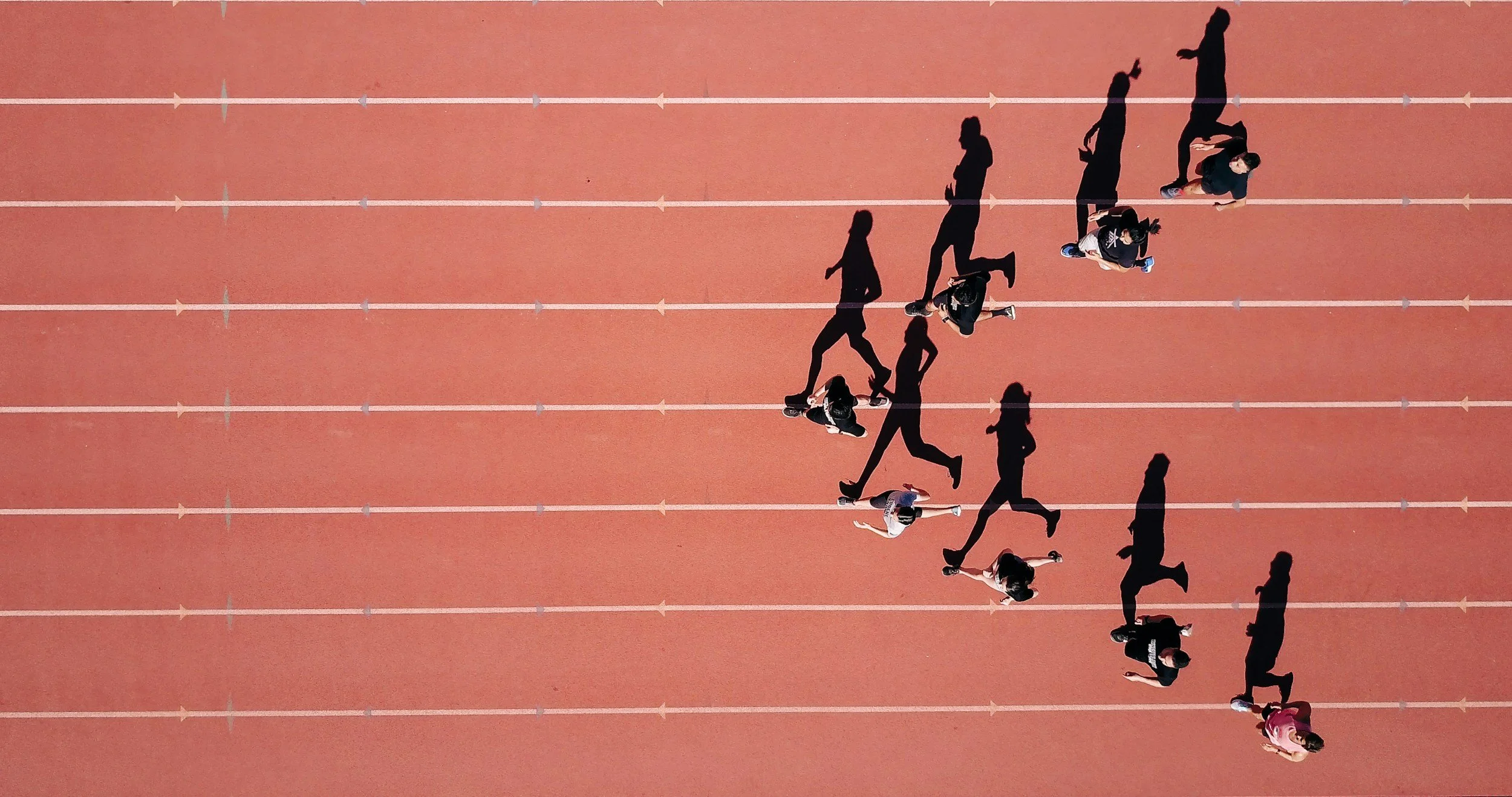How parents can help athletes navigate sports pressure
Sports and athletics are known to provide many physical, social and developmental benefits for individuals. Participating in sports early on often sets a foundation for a person’s life. In this early engagement with sports, children learn and form habits, values, and mental and emotional skills that are applicable in day-to-day life. Often, athletes identify their sport as a coping mechanism and/or escape from life’s pressures. However, the love and passion for sport can quickly diminish due to the added pressures commonly placed on them by parents or family members. The pressure to succeed begins to outweigh the passion and love for the game. It is important to understand the importance of balancing healthy dynamics and competition to help sports remain a positive experience for youth and those supporting them.
I will identify three important tips to help create this balance of joy and competition:
Positive modeling from parents: Parents are there to support their child and not take away from their experience. It is easy to forget that parents’ emotions directly impact their child’s performance. Additionally, parents’ promoting sport-life balance helps alleviate pressure and sport related anxiety. Athletes sometimes tie their value as a person to their performance, which then affects how they view themselves and their self-worth. Parents’ praising effort and affirming their child’s qualities unrelated to sport helps to build character.
Focus on process rather than outcome: It is easy to get caught up in wins and losses in sports and forget the purpose/lessons these outcomes are teaching the athlete. Instead of focusing on the insignificance of wins and losses early on, it is important to highlight the process of hard work, sportsmanship, resilience, attitude, etc. Focusing on the process allows for a deeper understanding about factors in the athletes control.
Healthy and open communication: There are thousands of stories about athletes being forced to participate in sports because their parents say so. Eliminating the child’s choices creates a toxic environment which leads to several problems for both the child and parent. Allowing the child to explore what they hope to gain or learn from their sport creates a safe space to express feelings, challenges, and pressures that they may be experiencing. Furthermore, this healthy communication helps to prevent burnout or a loss of interest in their sport.
These tips are not an all-inclusive list of ways to support athletes, however placing emphasis on having a life outside of sports and fostering open communication are critical aspects. This allows the athlete to thrive and discover themselves as people, while having unconditional support and joy from family.
If you are interested in scheduling an appointment with Demond Washington, MA. or one of our other providers call 510-981-1471 or email admin@endurancecenter.org
Demond Washington, MA. is a psychology trainee who provides sports psychology and clinical psychology services at Endurance - A Sports and Psychology Center, Inc. He is supervised by Dr. Cory Nyamora, a licensed psychologist and endurance sports coach. Dr. Nyamora is the founder and director of Endurance – A Sports & Psychology Center, Inc., a company that provides psychological services and sports training and travel to people of all ages. Endurance staff provide therapy, training and workshops for organizations and athletes on topics related to the intersections of sports, performance, mental health and overall wellness. Find out more at www.endurancecenter.org or call 510.981.1471.

